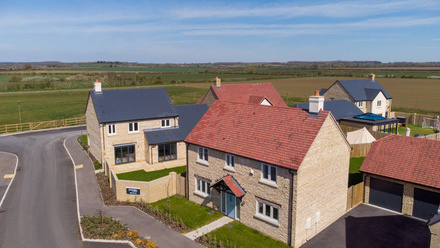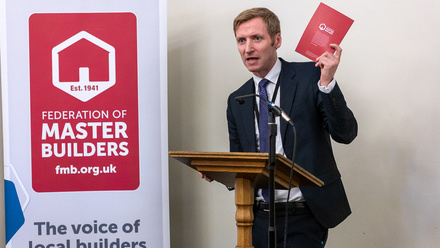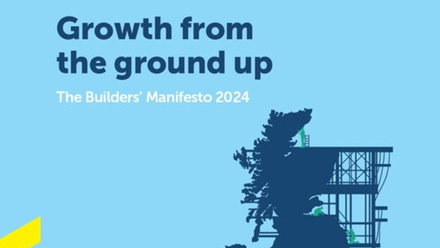*Sponsored content from Knauf Insulation.
Over the next few months and years, big changes to building regulations will be coming into force. This means the minimum standards for the properties that you build, extend and renovate are becoming stricter, which will affect your choice of insulation.
Thermal performance
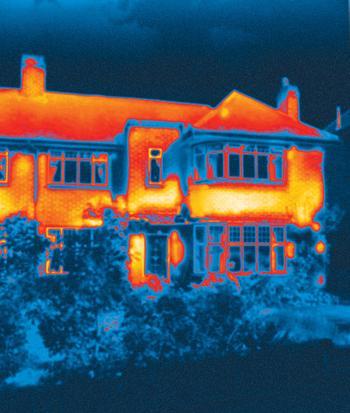
Changes will be made to ensure EPCs reflect the real performance of properties.
The most significant update is to Part L: Conservation of Fuel and Power in June 2022 which acts as a stepping stone to the tougher Future Homes Standard in 2025.
Changes to Part L will increase the energy efficiency of buildings and introduce the need to demonstrate correct installation of insulation as part of the BREL (Building Regulations England Part L) compliance report. This means builders will need to adopt new ways of working such as providing photographic evidence of installation. They will also need a deeper understanding of the ‘buildability’ of different products (how easy they are to install correctly) and how this affects the gap between how buildings perform on paper and how they do in reality.
MEES (Minimum Energy Efficiency Standards) will affect the thermal performance of rented properties. New tenancies will need an Energy Performance Certificate (EPC) of C or above by 2025, so builders should flag this to landlords to schedule upgrades.
Fire safety
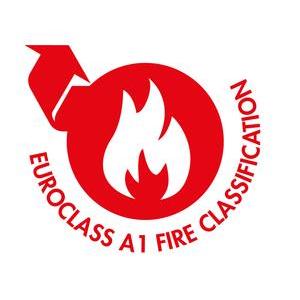
The new Building Safety Bill and the Construction Products Regulator are designed to ensure that properties and construction products are safe. This means builders should expect scrutiny of the insulation they use and their standards of workmanship concerning fire safety.
Regulations in England already ban the use of combustible materials on buildings over 18m tall (11m in Scotland), but there’s growing demand to use non-combustible materials at any height. Some insurers and mortgage companies insist on it for other buildings, and increasingly homeowners are too. Choosing non-combustible insulation as standard is the easiest and simplest way to reduce fire risk, comply with legislation and futureproof your projects.
Sustainability
Pushing for more energy-efficient buildings won’t be enough to reduce operational carbon. Regulations governing embodied carbon (the greenhouse gas emissions generated through the construction of a building and the manufacture of the products used in it) are inevitable. So, builders must prioritise the use of low-carbon products.
One way to verify sustainability credentials is with the Declare Label, which brings transparency to construction product labelling by answering where a product comes from, what it is made of and where it goes at the end of its life. It includes a straightforward ingredients list and shows whether products contain harmful chemicals featured on the ‘Red List’. All Knauf Insulation’s Glass Mineral Wool products have received the Declare 'Red List Free’ label.
Choose Mineral Wool for all-round performance
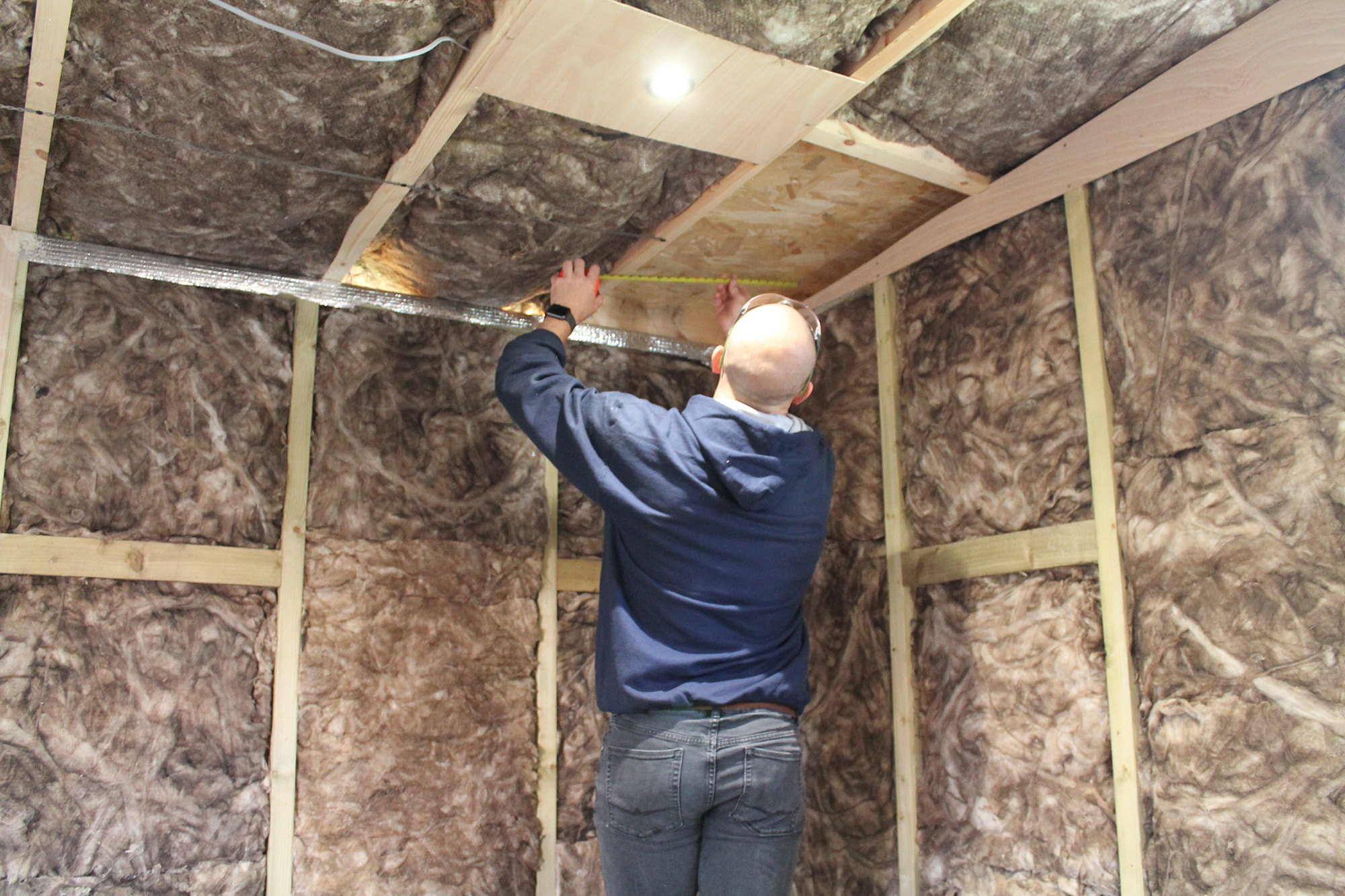
The most important message is don’t panic. All these changes can be addressed using your chosen Knauf Insulation Mineral Wool insulation solutions. Glass and Rock Mineral Wool delivers the best combination of thermal, fire safety and acoustic performance. It is also easier to install correctly than other insulants because it adapts to the substrate, friction fits to building elements and interlocks, preventing gaps that reduce performance.
When it comes to embodied carbon, Knauf Insulation’s Glass Mineral Wool products (such as Loft Roll 44 or DriTherm® Cavity Slab 32) are a good choice. They contain up to 80% recycled content and are compressed, so there’s more product per pack or per pallet, meaning more products per truck and fewer trucks on the roads.
And ECOSE® Technology, its unique bio-based binder that contains no added formaldehyde or phenol, is made from natural raw materials that are rapidly renewable. So, it is 70% less energy-intensive to manufacture than traditional binders.
The construction industry is undergoing major changes that will affect the insulation products you use and how you install them. But there is a tried and tested solution that will help you meet and exceed the standards in every application – Knauf Insulation Mineral Wool.
For support on regulations, products and insulation performance, contact Knauf Insulation’s Technical Support Team on 01744 766666 or via [email protected].
*Disclaimer: This blog post is sponsored content, which is independent of the FMB. Publication does not constitute endorsement or recommendation from the FMB.




